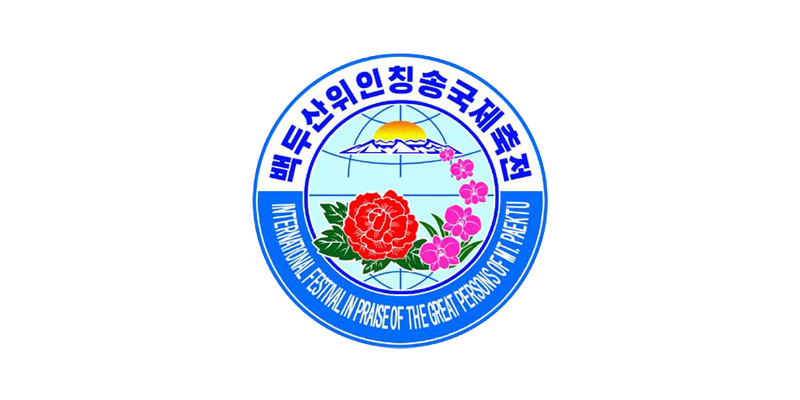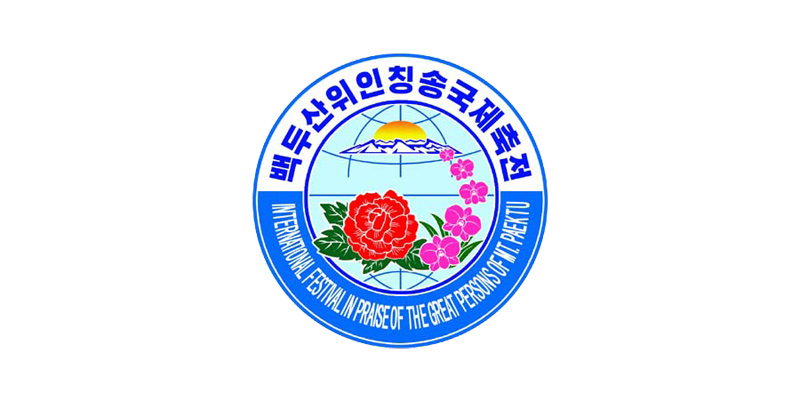- Thursday, 07 September 2023 | 22:40
- Juche Korea: 75 Years for Independence, Justice and Defense of Peace
The Eyes Glancing Upon the Contemporary Korean Nation
Christian Popovic, Secretary, Melbourne Branch, Australia-DPRK Friendship and Cultural Society

Korea as a whole can be seen from different sides, but it is the side of the new generation of individuals which rings to bear the true measure of the nation which holds acclaim in East Asia. For Korea to live, it is prudent that the nations condemning or appraising the nation see the people as they naturally are.
A perspective on the Korean nation with the eyes of an immature youth is only fully surmised with empirical interactions. The appeal and frustration to which one views the Korean nation are both settled down once one voyages into the nation itself. Korea is rather unique in its ability to postulate its national identity in an array of endless speculation as to who and what a Korean can discern himself to be and as to what his motives are.
Korea has been split in half, or a third if you consider the Korean part of China. Korea therefore should be observed in its entirety and the best method of approach is one which takes a touristic view where the whole people can be observed during their daily functions. When one travels to Korea, one can subsequently find a culture which is neither Chinese nor Japanese in its entirety. It is further intriguing to observe the behaviour of the individual Korean as they neither interact like either of the two groups. This observation thereby leaves a firm impression upon the student of the Korean society in which new assumptions and conclusions must be drawn.
Historically speaking, it has been the presence of these righteous armies (의병), akin to those led by the Maccabees when faced with Greek rule in the post-Macedonian Empire, which really reflect the function and purpose of the society as a whole. These righteous armies have always been comprised of the peasantry with the spiritual and mercantile class leading them as a populist army against various foreign invaders. It can be said to such a degree that these armies changed the course of Korean history on multiple occasions as they led to the repulsion or hindrance of invading armies over the past two millennia. Given that these armies have been filled with the common folk and it has been their active participation which has enabled the continuance of Korea within the pages of history; it is further-wise prudent to interest oneself in the mannerisms and culture of the common-folk in order to experience the emotions and energy of self-sacrifice which floods this Peninsula.
In conclusion, it is experiencing the native Korean in his own dwelling place which causes one to have a better opinion of the nation. Reading books about Korea, especially those of early missionary accounts are exciting as they do document Koreans quite well, however as one can note, it is based upon the authors themselves writing about how Koreans lived at the time which in fact provides the entire benefit of reading the account in the first instance. 
Christian Popovic
Secretary, Melbourne Branch, Australia-DPRK Friendship and Cultural Society
Member, Public Information Bureau, Asia-Pacific Regional Committee for the Peaceful Reunification of Korea
